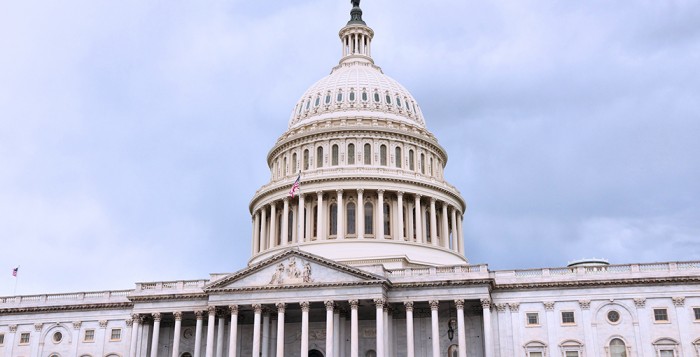The Office of Children, Youth and Families (OCYF) is pleased to announce the continuation of their partnership with the Office of Mental Health & Substance Abuse Services (OMHSAS) in contracting with Lakeside Global Institute to provide PA Child Welfare Professionals FREE trauma training. What is considered a PA Child Welfare Professional? Anyone who serves children and families who live in Pennsylvania. If your work touches on improving the lives of children and families, this applies to you and your organization!
Multiple cohorts for courses and workshops will be facilitated by Lakeside Global Institute and are available until September 30, 2024, or while funding is available. Available trainings will be offered live via a web-based platform. Tuition and material costs are covered!
This opportunity is perfect for new staff that have joined your team who may need workshops (101–110) as well as the child welfare professionals who are ready to take the next step in their trauma-informed care education journey via completion of the Intensive Courses.
Trainings available include the following:
- Enhancing Trauma Awareness;
- Deepening Trauma Awareness;
- Applying Trauma Principles;
- Trauma-Sensitive Certification;
- Train the Trainers;
- Processing Pain, Facilitating Healing; and
- Trauma 101 through 110 Workshops.
Interested in workshops? Visit here.
Interested in the Intensive Courses? Visit here.
Note: Participants who have completed Enhancing Trauma Awareness, Deepening Trauma Awareness, and Applying Trauma Principles should not take Trauma-Sensitive Certification, as content would be duplicated.
The simple distinction between certification as a Trauma-Sensitive Professional (TSC course) and Trauma-Competent Professional (ETA, DTA, and ATP) is:
- Trauma-Competent Professional: Requires completion of 3 courses — Enhancing, Deepening, and Applying Trauma (75 hours) and 8 books for required outside reading. The courses must be taken in the order listed, and one must be completed before advancing to the next.
- Trauma-Sensitive Professional: Requires completion of the course of the same name (50 hours) and 3 books for required outside reading. This certification covers fewer topics than the 75-hour course.
DO NOT DELAY for this exciting and FREE opportunity, and schedule your trauma trainings today!
If you have questions relating to any of these trainings, please submit them via email to Lakeside Global Institute.

















